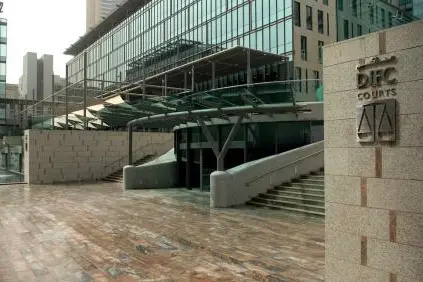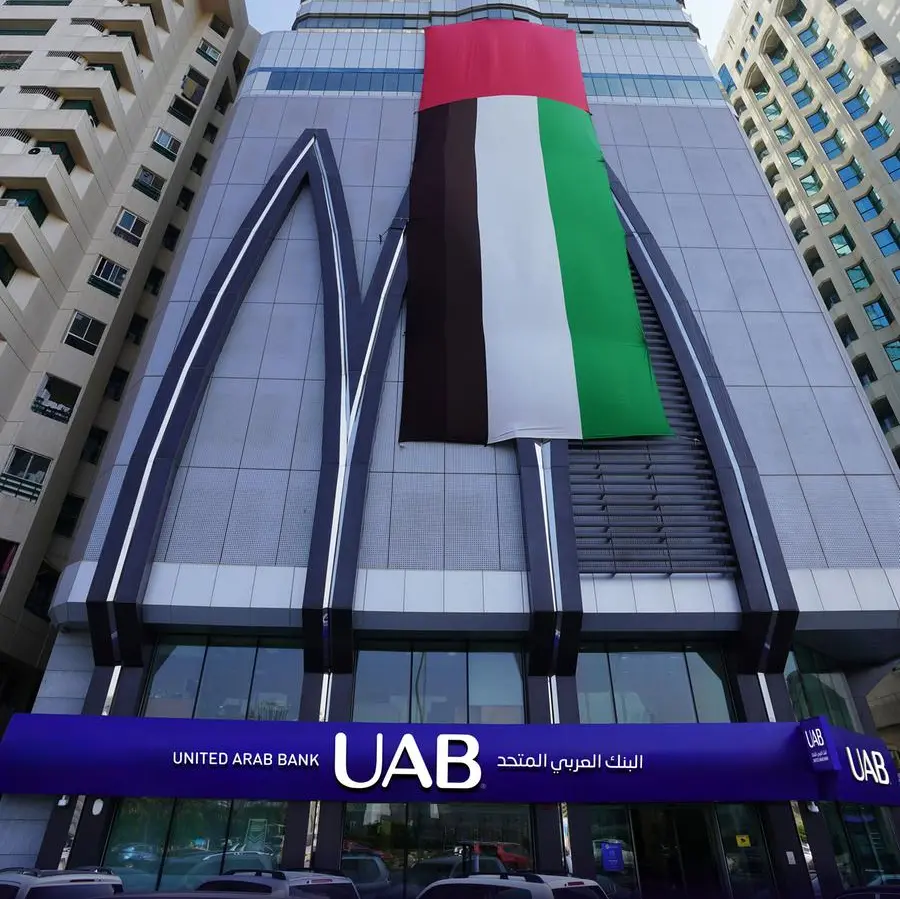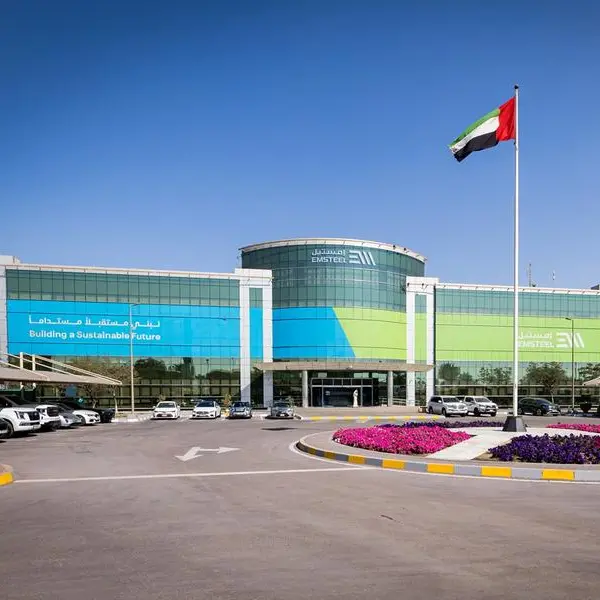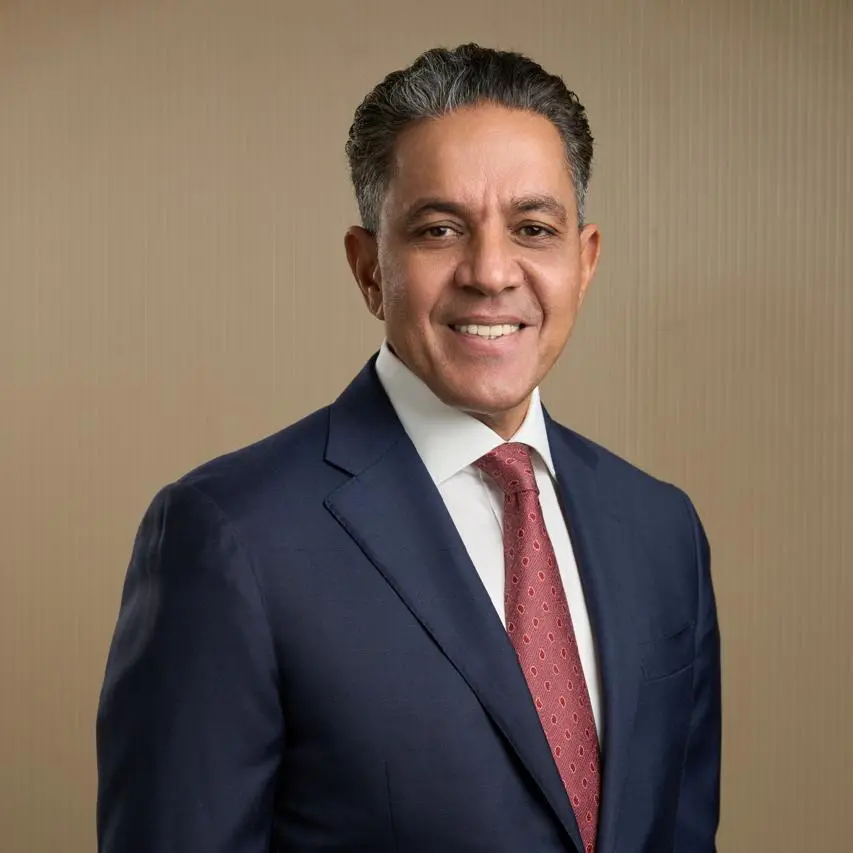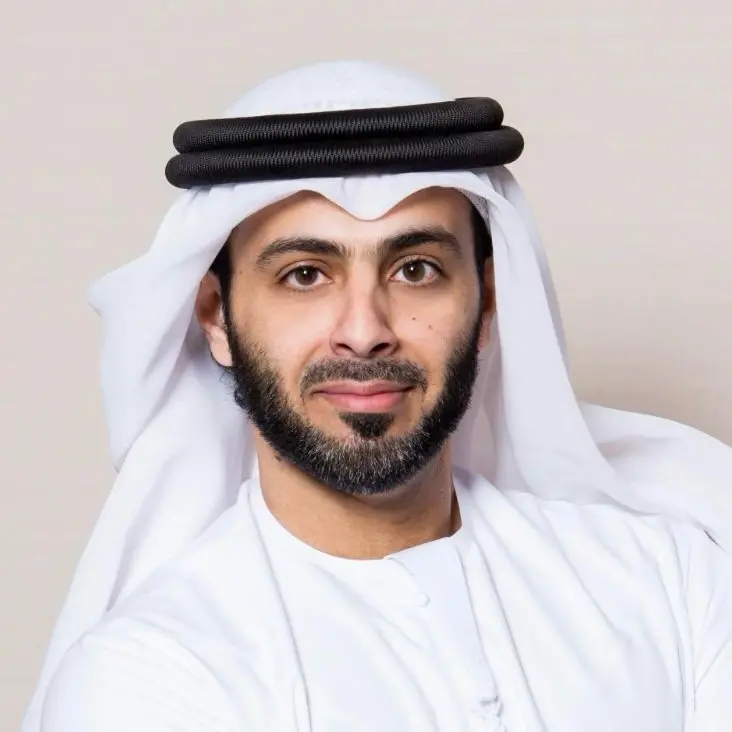PHOTO
- Further exploration will follow with the creation of a Space Dispute Guide
Dubai, United Arab Emirates: Following the launch of the Courts of Space initiative in February 2021, the Dubai International Financial Centre (DIFC) Courts and the Dubai Future Foundation (DFF) today announced the formation of an international Working Group.
Consisting of public and private sector bodies and experts, the Working Group will be tasked with exploring space-related legal innovations and providing an outlook on potential outcomes of scenarios revolving around space-related disputes.
The launch of the project signals to the international space community the intent of the DIFC Courts to assist the UAE to play a leading role in advancing its judicial systems to specifically direct capacity and capability to commercial space-related disputes. In recent weeks, the UAE has also doubled the size of its astronaut corps with the selection of two new astronauts, including the first woman, who will train at NASA, starting later in 2021.
Zaki Azmi, Chief Justice, DIFC Courts, said: “The formation of this Working Group will develop thought leadership, assist with formulating training, and the development of guides and of best practices. While space law is nothing new, an important next step will be for the Courts of Space initiative to develop and establish the DIFC Courts as a commercial go-to court for these matters. This is a complex and tall order, but it’s well within Dubai’s reach as the UAE develops its own spacefaring ambitions and becomes one of very few countries on this planet to have reached Mars.”
His Excellency Khalfan Belhoul, Chief Executive Officer (CEO), Dubai Future Foundation, said: “The establishment of the Working Group demonstrates our joint commitment to supporting Dubai’s pioneering role in space exploration and development of related sectors of the future, such as the Courts of Space and space law. At the Foundation, we look forward to providing scenarios and foresight to assist legal professionals in addressing space-related matters.”
Representatives for the inaugural Working Group include:
- Amna Al Owais, Chief Registrar and Working Group Leader, DIFC Courts
- Patrick Noack, Executive Director, Future, Foresight and Imagination, Dubai Future Foundation
- Naser Al Rashedi, Director of Space Policies and Regulations, UAE Space Agency
- Angeliki Kapoglou, Directorate of Human Spaceflight and Robotic Exploration, European Space Agency
- Diane Howard, Chief Counsel for Space Commerce, US Department of Commerce
- Mike Carey, Founder and Chief Strategy Officer, Atlas Space Operations
- Jessy Kate Schingler, Director, Policy & Governance, Open Lunar Foundation
- Donald Moore, Managing Partner, US Legal Advisors PLLC
- Mitch Hunter-Scullion, CEO & Founder, Asteroid Mining Corporation Limited
- Daniel Katz, Head of Business Affairs, Space Cargo Unlimited
- Romain Loubeyre, Managing Director, ATOM
- Justine Kasznica, Attorney at Law, Babst Calland
- Mike Gold, Executive Vice President Civil Space and External Affairs, Redwire Space
- Professor Stephan Hobe, Director of the Institute of Air and Space Law & Director at Law Centre of European Integration Cooperation, University of Cologne
- Professor Dr. Mahulena Hofmann, SES Chair in Space, SatCom and Media & Director of the Master in Space, Communication and Media Law, Faculty of Law, Economics and Finance, University of Luxembourg
- Héloïse Vertadier, Breaking Ground Lunar Resource Trust Project Coordinator, Open Lunar Foundation
- Ayesha Bin Kalban, Deputy Registrar, DIFC Courts.
The Working Group will also have observers from The United Nations Office for Outer Space Affairs (UNOOSA):
- Michael Newman (Observer) Policy and Legal Affairs Section, The United Nations Office for Outer Space Affairs (UNOOSA)
- Yukiko Okumura (Observer), Associate Space Officer, The United Nations Office for Outer Space Affairs (UNOOSA)
- Ian Freeman (Observer), Associate Programme Officer (External Relations), The United Nations Office for Outer Space Affairs (UNOOSA).
The Courts of Space initiative will have two further main objectives. Following the formation of the Working Group, further exploration will follow with the creation of a Space Dispute Guide, encompassing a set of guidelines to support such space-related disputes. A third, parallel objective, will involve the training of judges to become space-related dispute experts after having received courses on space regulations by international bodies and regional agencies.
In 2020, the UAE became a key player in space exploration; it aims to reinforce its position by enhancing its standing as a global business centre for trade, logistics, finance, innovation, and technology. With the UAE Hope probe successfully entering Martian orbit in recent months, the country has massively boosted its science capacity, with new data expected to now flow from the probe to fill a gap in research and provide the world with more information about Mars.
The nation has also generated significant additional value in logistics by creating new manufacturing capacities and know-how. There are already multiple businesses outside the realm of the space industry that have benefited from knowledge transfer. Ultimately, the UAE’s Mars mission has generated transformative value in building capacity for a fundamentally different future national economy – one with a much stronger role for science and innovation.
Amna Al Owais, Chief Registrar, DIFC Courts, said: “For the time being, the Working Group will discuss more current space dispute issues such as equipment failures, space cargo disputes, or even failure to deliver components on time. It might include substandard materials or design faults. More dynamically, space courts resolution might be required as satellites collide or impact a spacecraft. At the same time, we will need to wear our sci-fi hats, imagine, and develop futuristic scenarios to better understand the kinds of cases that might emerge in this relatively novel environment. For example, lunar exploration and space resources activity are likely to become more concentrated in the coming years, as well as space tourism and exploration. Space courts would be called upon to adjudicate on responsibility, damages, and liabilities, as is the case with any commercial dispute.”
Established in 2004, the Dubai International Financial (DIFC) Courts is Dubai’s English language common law judicial system and forms a key part of the legal system of the United Arab Emirates (UAE). It was established with the specific objective to enable the international community in the UAE to have greater confidence in the Emirate’s legal framework and to further strengthen investment and trade relations with the UAE.
In 2017, the Courts of the Future was launched by the DIFC Courts and the Dubai Future Foundation (DFF) with a mandate to explore diverse legal technology topic areas and to provide research and thought leadership on promoting and encouraging contemporary methods of greater accessibility and efficiency to court users across the globe.
This think tank has enabled the DIFC Courts to streamline its major legal tech projects under the Courts of the Future, pooling talent and resources from global partners and experts across the fields of law, technology, IT, and business, assembled to help legal systems accommodate the accelerating growth of technology.
© Press Release 2021
Disclaimer: The contents of this press release was provided from an external third party provider. This website is not responsible for, and does not control, such external content. This content is provided on an “as is” and “as available” basis and has not been edited in any way. Neither this website nor our affiliates guarantee the accuracy of or endorse the views or opinions expressed in this press release.
The press release is provided for informational purposes only. The content does not provide tax, legal or investment advice or opinion regarding the suitability, value or profitability of any particular security, portfolio or investment strategy. Neither this website nor our affiliates shall be liable for any errors or inaccuracies in the content, or for any actions taken by you in reliance thereon. You expressly agree that your use of the information within this article is at your sole risk.
To the fullest extent permitted by applicable law, this website, its parent company, its subsidiaries, its affiliates and the respective shareholders, directors, officers, employees, agents, advertisers, content providers and licensors will not be liable (jointly or severally) to you for any direct, indirect, consequential, special, incidental, punitive or exemplary damages, including without limitation, lost profits, lost savings and lost revenues, whether in negligence, tort, contract or any other theory of liability, even if the parties have been advised of the possibility or could have foreseen any such damages.
